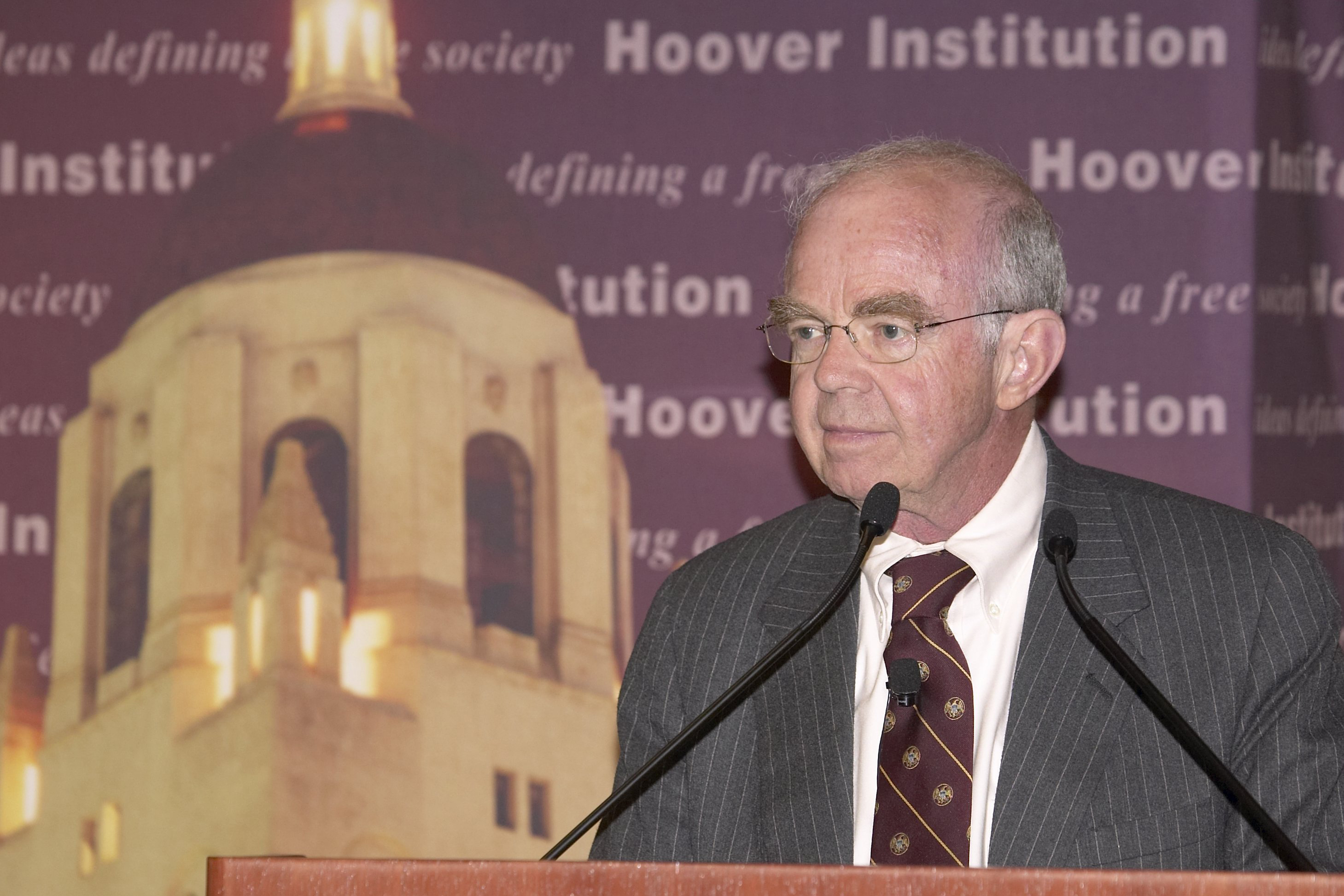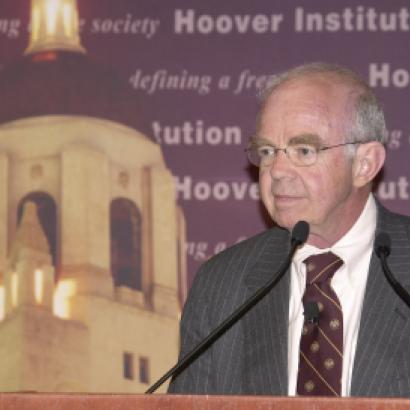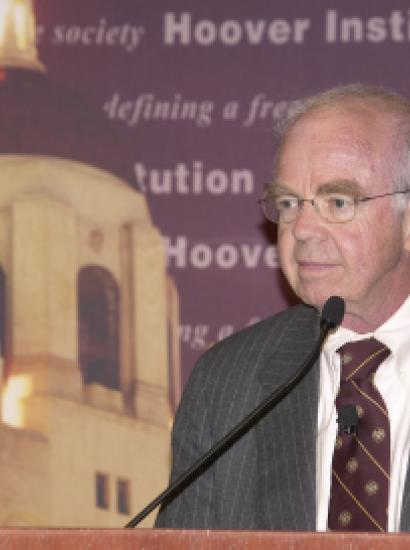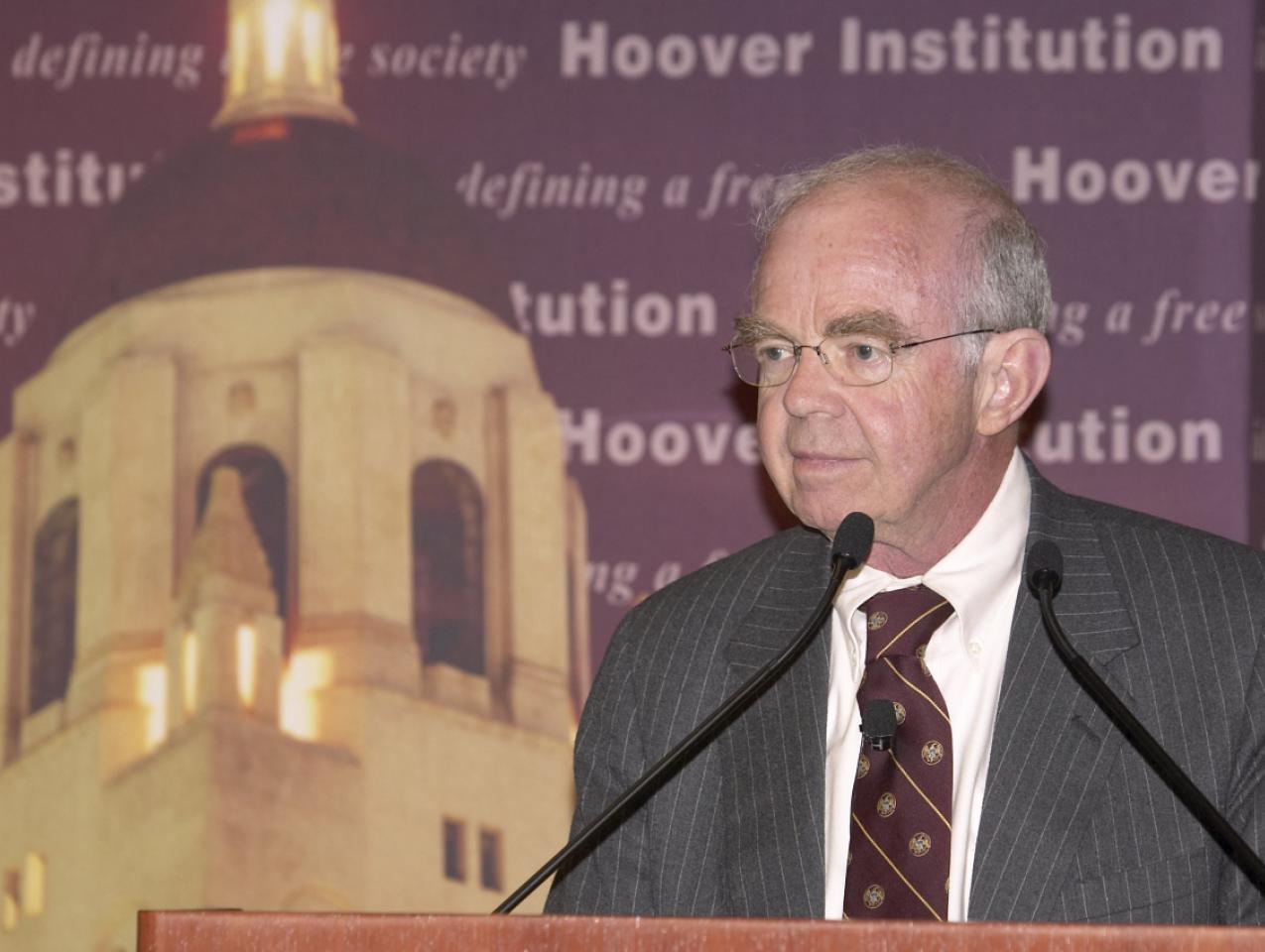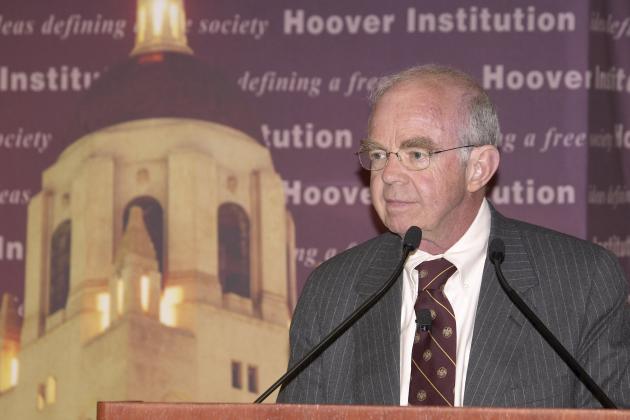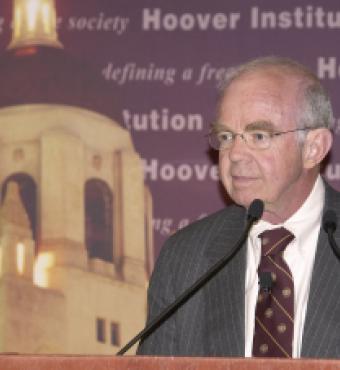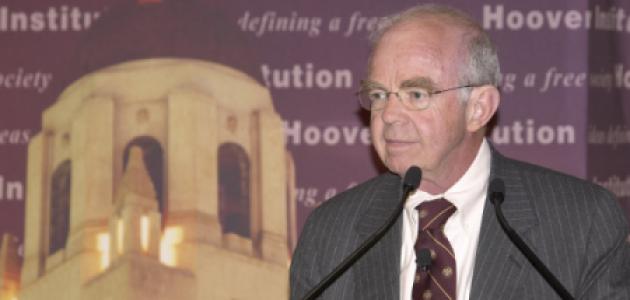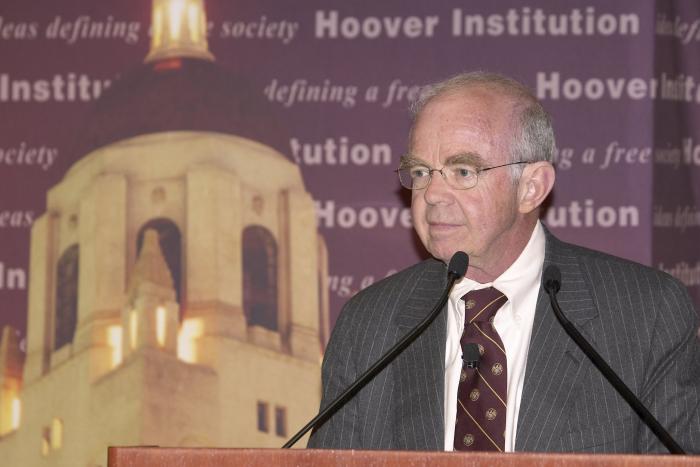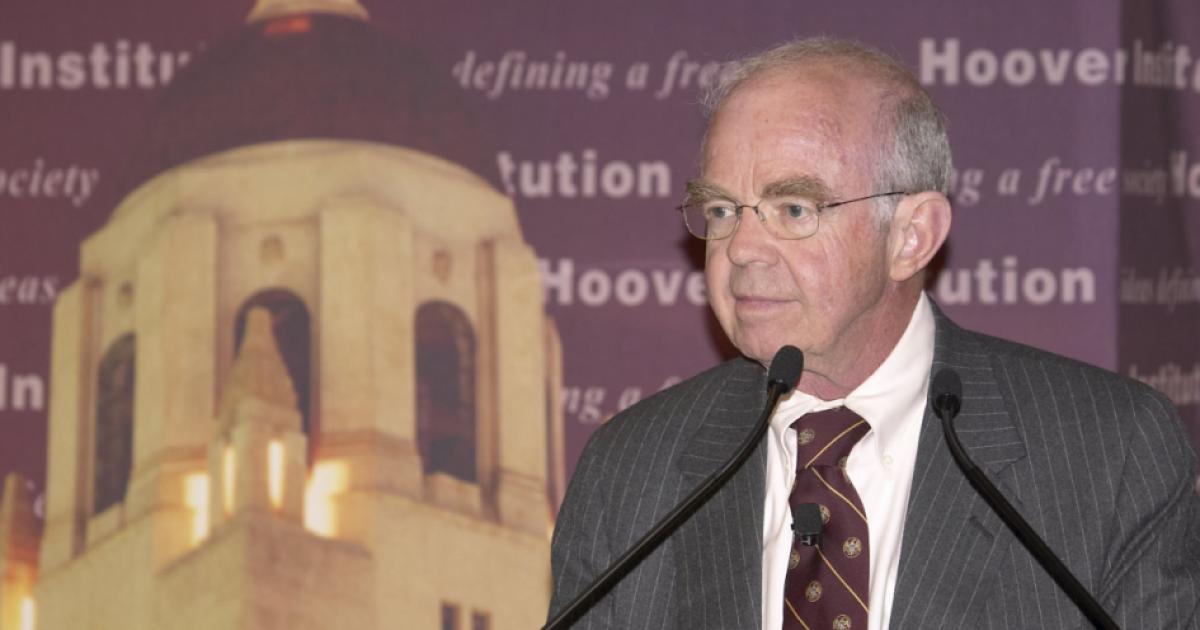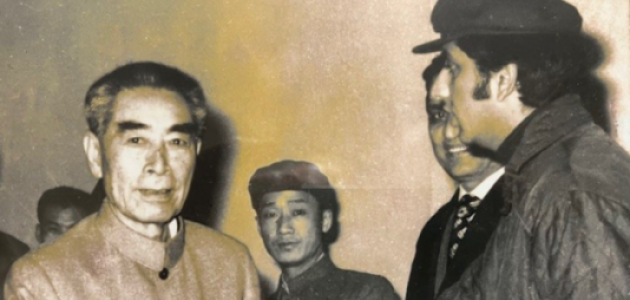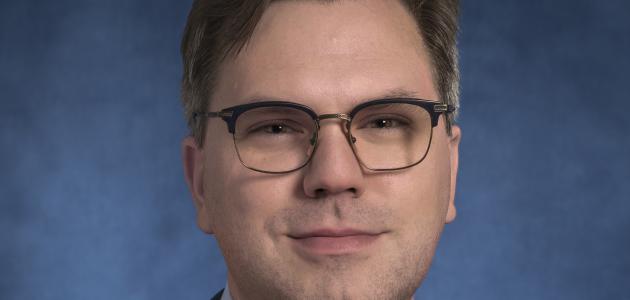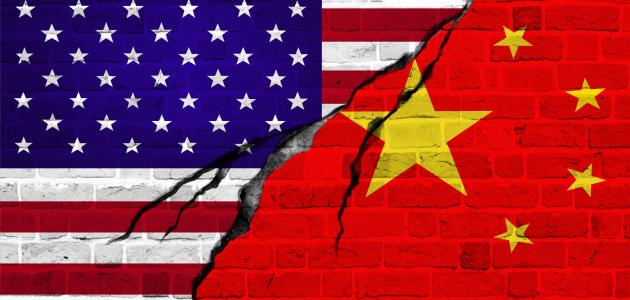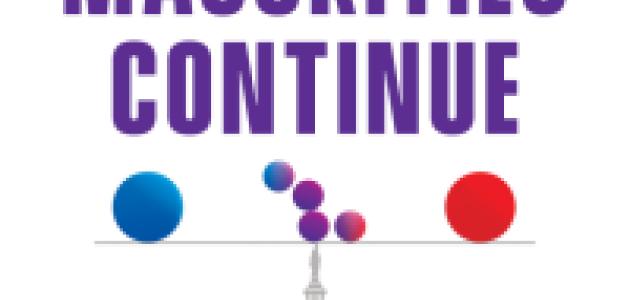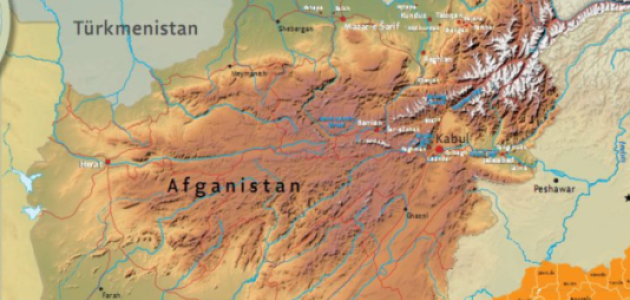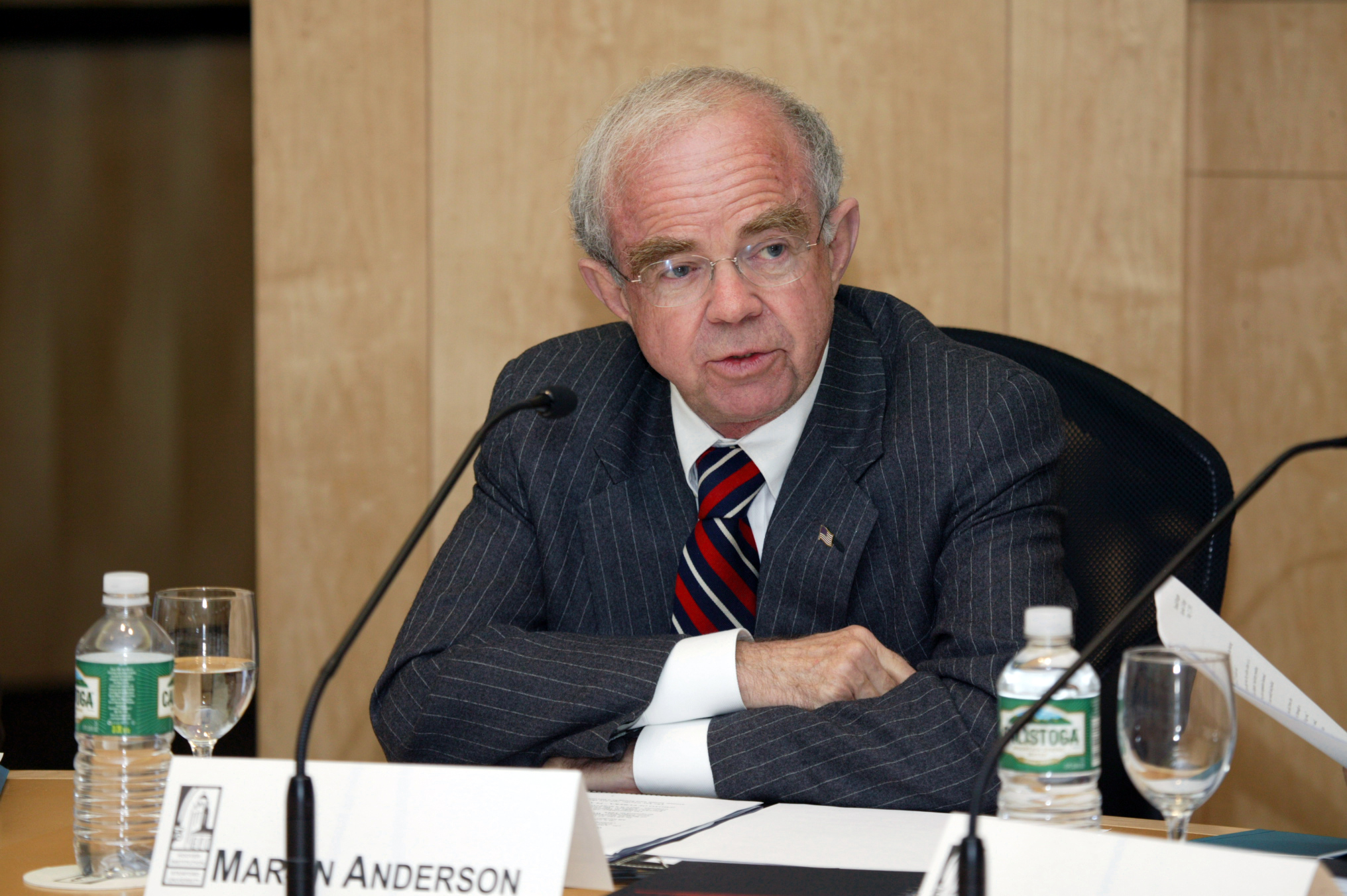
Martin Anderson, the Keith and Jan Hurlbut Fellow at the Hoover Institution, passed away on January 3, 2015. An engineer by training and an esteemed academic, Anderson’s early work spanned urban renewal, welfare reform, and the military draft. His work on the draft included promoting an all-volunteer force as director of research for Richard Nixon’s presidential campaign; he is often credited as a significant factor in ending conscription in the United States. After receiving his PhD in industrial management from the Massachusetts Institute of Technology in 1962, he became a professor of finance at the Graduate School of Business at Columbia University, becoming one of the youngest professors to receive tenure there. After joining the Hoover Institution in 1971, Anderson continued to intersperse his academic career with public service and political campaign advising, serving presidents and candidates Nixon, Ford, Reagan, George H. W. Bush, Wilson, and Dole.
Anderson’s later work, coauthored with his wife, Annelise Anderson, was largely dedicated to the life and legacy of President Reagan. Together they became nationally renowned Reagan scholars, with academics and policy makers visiting the Hoover Institution to draw on their knowledge. Their many works on Reagan include Reagan, in His Own Hand: The Writings of Ronald Reagan That Reveal His Revolutionary Vision for America (coauthored with Kiron Skinner, Free Press, 2001); Reagan, in His Own Voice: Ronald Reagan’s Radio Addresses (Simon & Schuster Audio, 2001); Reagan: A Life in Letters (Simon & Schuster, 2004); Reagan’s Path to Victory: The Shaping of Ronald Reagan’s Vision: Selected Writing (Simon & Schuster, 2004); Stories in His Own Hand: The Everyday Wisdom of Ronald Reagan (Simon & Schuster, 2007); and Reagan’s Secret War: The Untold Story of His Fight to Save the World from Nuclear Disaster (Random House, 2010). These works–especially Reagan: A Life in Letters and Reagan, in His Own Hand–fundamentally altered many perceptions of Reagan, giving insight into the mind and thoughtfulness of the man behind the acting persona. A review of Reagan: A Life in Letters published in the Chicago Tribune strongly disputed the common Reagan characterization as an “amiable dunce,” writing that, “The figure who emerges from these pages is different from the usual run of politicians--more transparent in some ways, more opaque in others. He is a man comfortable with ideas, but not enthralled by them.” A review of Reagan, in His Own Hand published in the New York Times proclaimed “One of the things these commentaries do is blow apart the notion that Reagan was a flighty actor who floated through the presidency on the basis of charm and communication skills. Reagan spent the years leading up to his presidency--the decades, really--involved in day-to-day policy disputes.” “These writings are Reagan in essence,” said another review of Reagan, in His Own Hand in the National Review. “They are profound and simple. They are folksy and informed. They are gutsy and gentle, meek and bold, indignant and relaxed. . . . They always respect the dignity and intelligence of the audience. They show a basic sympathy for people— especially for those bent under tyranny—and they show a love of life. They show religious faith. And they show a strange, almost unbelievable patriotism.” The Hoover Press will release the Andersons’ final book, Ronald Reagan: Decisions of Greatness, in February 2015.
Anderson's work and life were greatly admired and remembered by several media sources who were familiar with his Reagan advising career. The New York Times, the Washington Post, Newsmax, and the Washington Times published obituaries that give an overview of his life as well as context to his contributions as a Reagan scholar. Lou Cannon, another Reagan scholar who covered the White House for the Washington Post in the 1980s, wrote a more personal account for Real Clear Politics. David Henderson, a research fellow at Hoover, released his own remembrance on his blog. He will also be greatly missed by the wider academic and political communities. Edwin Feulner, a long time friend of Martin Anderson and founder of the Heritage Foundation, also wrote an op-ed for the Wall Street Journal giving a personal perspective on Anderson's work. “The Hoover Institution lost a colleague and dear friend in Martin Anderson on January 3,” Hoover Institution Director John Raisian wrote in his statement announcing Anderson’s death. “Throughout the span of his four decades at the Hoover Institution, he left an indelible mark.” Former first lady Nancy Reagan also released a statement, writing “I am deeply saddened by the news of Martin Anderson’s death. He was a dear friend, and an integral part of my husband’s campaigns and White House senior staff. . . Loyal men like Martin Anderson come along very rarely in one’s life, and I will miss him terribly.”
His obituary is reprinted below:
Martin Anderson died peacefully in his sleep on January 3, 2015. He was 78 years old. He is survived by his wife of 49 years, Annelise, and his half-brother, James McHugh, Jr., who lives in New England.
Anderson was the Keith and Jan Hurlbut Senior Fellow, emeritus, at the Hoover Institution, Stanford University. He combined an active academic and writing career with leaves of absence to work in the political campaigns and presidential administrations of Richard Nixon and Ronald Reagan. His final book, co-authored with his wife, Ronald Reagan: Decisions of Greatness, will be published by the Hoover Institution Press in February.
He was born in Lowell, Massachusetts, August 5, 1936, son of Ralph and Evelyn Anderson. He graduated summa cum laude from Dartmouth College in 1957, received his M.S. in engineering and business administration in 1958 from Dartmouth's Thayer School of Engineering and the Tuck School of Business, and earned a Ph.D. in the industrial management at the Massachusetts Institute of Technology in 1962. He married Annelise Graebner September 25, 1965.
Anderson taught finance at the Graduate School of Business, Columbia University, where he was on the faculty from 1962-1968. In 1967 he began advising presidential candidate Richard Nixon on domestic policy and especially on ending the military draft and moving to an all-volunteer armed force, and was director of research during the 1968 campaign. He worked as special assistant to President Richard Nixon and then as a special consultant from 1969 to 1971, when he became a senior fellow at the Hoover Institution.
In 1980 Anderson was a senior policy adviser to Ronald Reagan during his presidential campaign, and served Reagan as assistant to the president for policy development, 1981-82, where he was a major contributor to Reagan's economic policy and to policies on missile defense.
Anderson's first book was The Federal Bulldozer: A Critical Analysis of Urban Renewal, 1949-1962 (MIT Press, 1964), a ground-breaking effort to evaluate federal government programs. He also wrote extensively on the military draft, welfare reform, economic policy, and university education. In 1988 Revolution (Harcourt Brace Jovanovich), about the Reagan presidency, was published. Theodore White, historian of presidential campaigns, wrote that "Anderson gave orientation to the Reagan campaign. . . . it was Anderson who shaped the overriding themes of economic discipline and political turnaround."
Anderson co-edited several collections of Reagan's own writings that have influenced considerably the understanding of Reagan, including Reagan, In His Own Hand (2001, The Free Press) and Reagan: A Life in Letters (2003, The Free Press). In 2009 he wrote, with Annelise Anderson, Reagan's Secret War: The Untold Story of His Fight to Save the World from Nuclear Disaster (Crown).
Anderson also served as member, Commission on Critical Choices for Americans, 1973-75; member, Defense Manpower Commission, 1975-76; member, Committee on the Present Danger, 1977-91; member, President's Foreign Intelligence Advisory Board, 1982-85; member, President's Economic Policy Advisory Board, 1982-89; member, President's General Advisory Committee on Arms Control, 1987-93; member, National Commission on the Cost of Higher Education; 1997-98; trustee, Ronald Reagan Presidential Foundation, 1985-90; member, California Governor's Council of Economic Advisers, 1993-98; chairman, Congressional Policy Advisory Board, 1998-01; member, Defense Policy Advisory Board, 2001; member, Defense Advisory Committee on Military Compensation, 2005; and 2d Lt., Army Security Agency, 1958-59.







